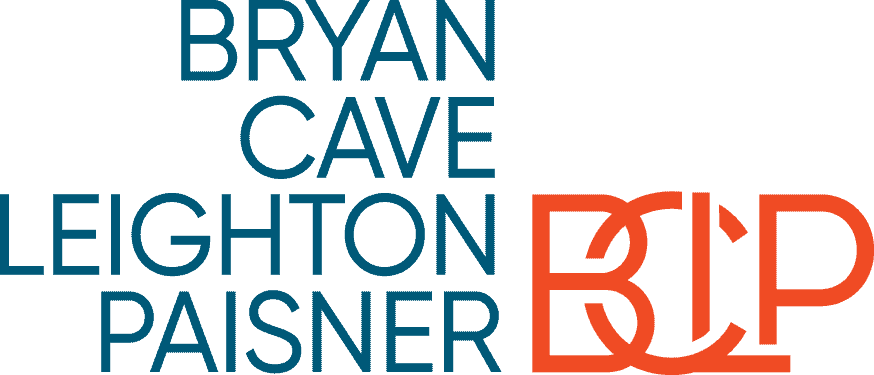
Doom Diligence: Don’t Let Your Due Diligence Hurt You
Brought to you by Bryan Cave Leighton Paisner


Beyond the more traditional non-financial considerations, an increasing number of sellers now focus on the buyer’s ability to move quickly from a letter of intent to an announced transaction. These considerations include not only the legal negotiation of a definitive agreement but also the post-letter of intent due diligence that will be conducted by the proposed buyer. To that point, we are now seeing some sellers request a full due diligence list as part of a buyer’s final bid.
With the depth of due diligence becoming a competitive matter, how does a buyer balance the need to identify potential risks in a target with a need to win a competitive process? This question is important even for buyers who do not desire to participate in competitive auctions because a buyer’s reputation will follow it from deal to deal. Those buyers who are deemed to be efficient partners will have an advantage over those who are viewed as conducting time consuming, onerous processes.
The best buyers have a well defined set of financial parameters that they require to be met in each transaction. These parameters might be stated in terms of a required internal rate of return or a required level of accretion to earnings per share. These criteria typically become the “non-negotiables,” while the buyer may be more willing to be flexible with respect to other non-financial terms.
A similar philosophy can and should be applied to due diligence efforts. That is, there should be a well defined universe of risks that should be carefully examined as a priority in due diligence while the buyer can be more flexible with respect to other items. As an example, if a seller has a small mortgage operation that will not be retained, diligence could be limited to matters that could present go-forward risk even after the operation is shut down. On the other hand, if a seller has a mortgage operation that is a material part of the acquisition, detailed diligence would be necessary to ensure that it can be smoothly integrated into the business of the buyer.
Buyers make two common mistakes in this area that can be relatively easily remedied. The first is hurriedly requesting a “standard” due diligence list from an advisor without carefully thinking about whether the request fits with the goals of the acquisition and the risks presented by the target bank. Without a tailored and focused request list, there are likely material issues that are not being thoroughly explored and immaterial issues that are causing sellers angst for no benefit.
A second common mistake is the failure to communicate to the diligence team (including outside advisors) the transaction’s key drivers of value so that they can focus most on those issues. In addition, the diligence team should be aware of the “tone” of the negotiations. If the buyer has promised a highly flexible and efficient process, the diligence team should be similarly accommodating in the diligence process. The diligence team, after all, should portray the buyer in a manner that is consistent with management’s overall view toward the potential deal.
Through a thoughtful approach, the due diligence process can allow buyers to manage potential risks while also demonstrating flexibility. If key drivers of value and potential risks are identified and communicated early in the process, the diligence team can add value without drawing the ire of the would-be seller. In an M&A environment that only seems to be getting more and more competitive, focus in this area can yield real benefits when it comes to winning deals.
This article originally appeared in Bank Director digital magazine’s Growth issue. Download the digital magazine app here.


